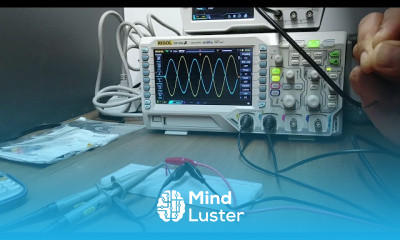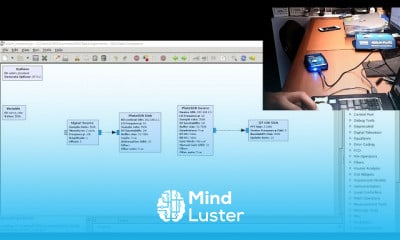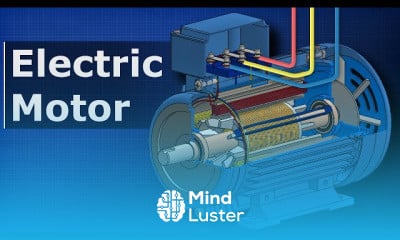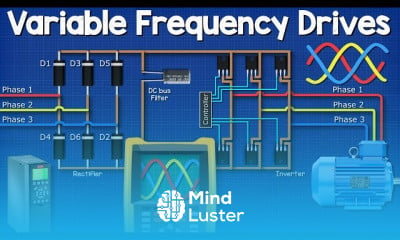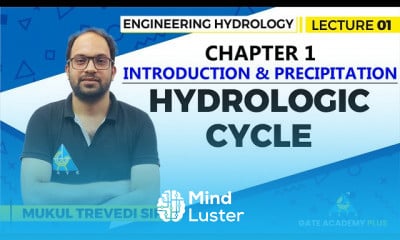Power Factor and Power Factor Correction With Practical Example
Share your inquiries now with community members
Click Here
Sign up Now
Lesson extensions
Lessons List | 5
Lesson
Comments
Related Courses in Engineering
Course Description
Active Power factor correction course,
in this course provides an in-depth understanding of techniques to optimize energy efficiency in electrical systems by improving power factor. Power factor correction is crucial for reducing energy wastage, improving stability, and minimizing interference in electrical networks. In this course, you’ll learn the basics of power factor, the difference between active and passive correction, and why active PFC is preferred for high-efficiency applications. We’ll explore the operation of active PFC circuits, covering components like boost converters, controllers, and inductors. Additionally, you’ll gain practical skills in designing and implementing PFC circuits, including selecting appropriate components, calculating efficiency, and testing performance. The course also covers real-world applications of PFC in various devices, such as power supplies, lighting systems, and industrial equipment. Through hands-on exercises, you’ll understand how to minimize reactive power and harmonics, leading to improved system performance and compliance with modern energy standards. This course is ideal for engineers, technicians, and anyone interested in efficient energy management solutions.
Trends
Digital Electronics
MS Excel
Learning English Speaking
Strength of Materials in Mechanical Engineering
Digital Marketing
Ethical Hacking
Microeconomics
Adobe illustrator tools for designers
Blood Pressure Causes and treatment
Python programming language
Mobile Apps from Scratch
Sinusoidal Steady in Network Theory
Graphic design rules for beginners
AI Writing tools in google docs for beginners
Electronics fundamentals for beginners
Excel Course Basic to Advanced
Financial Accounting basics
Spring Boot for Beginners
The Complete Python Programming Full Course
Engineering Mechanics
Recent
Transformer working principles for beginners
Single Pole switch Lighting circuits basics
Variable frequency drives fundamentals
US residential electrical systems
parallel circuits working principle
Three Phase Power systems fundamentals
Electronic Components fundamentals
Transistor capacitor circuit design
Electrical testing equipment fundamentals
Car electric starter motors Work basics
Building a simple electric motor
Running your Laptop with a 12V battery
making LED board for beginners
LED Dimmer with RF remote control
Wireless voltmeter using arduino
DIY high voltage Probe basics
Making IR remote control
220V Clap switch Kit assembly for beginners
Thermoelectric generator design with peltier
DIY resistance meter















